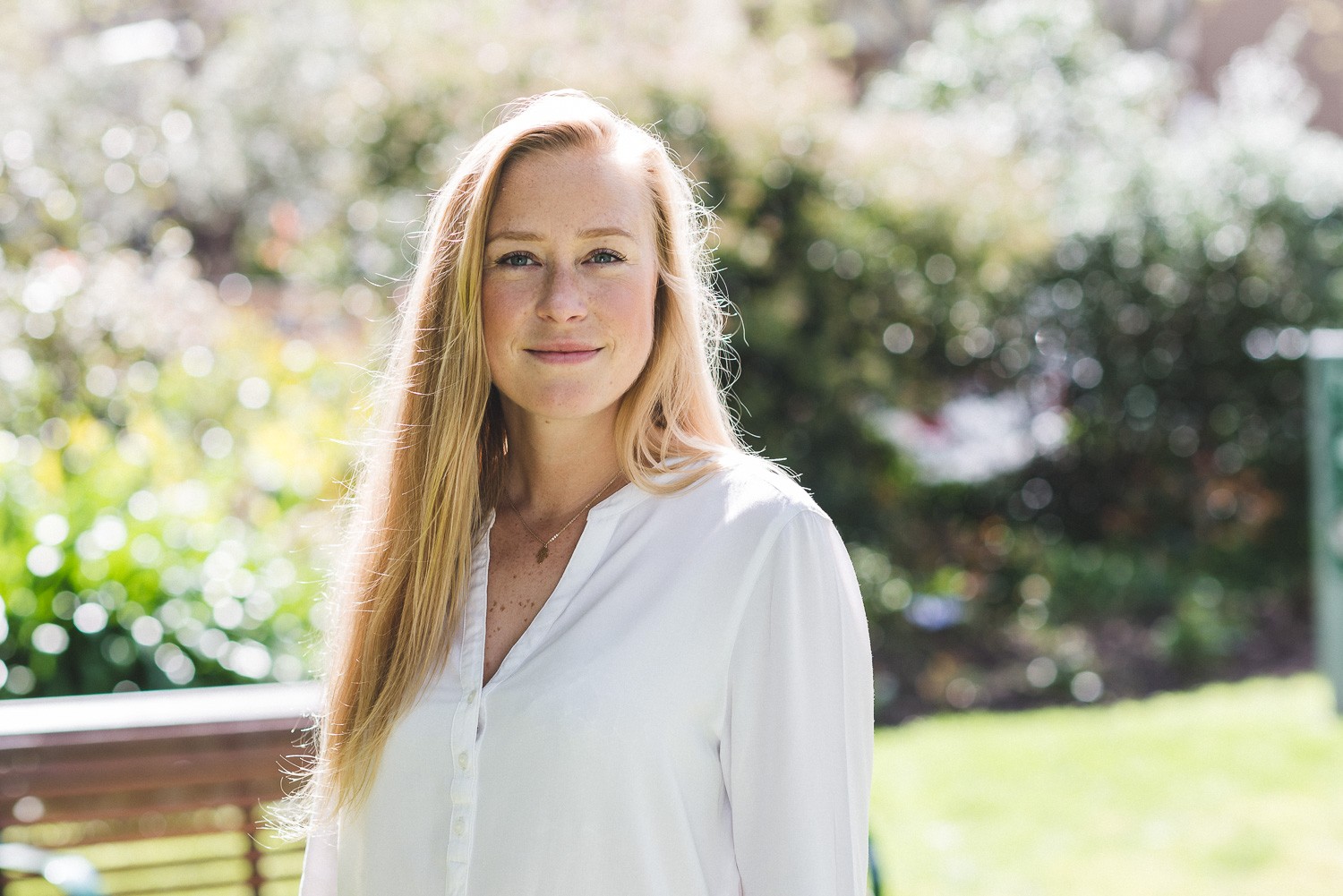‘Ch-ch-ch-ch-changes’, sang David Bowie. Was he talking about our leading lady, Harry Wray by chance?
Harry is the Director of Operations at CHE Proximity and managing many moving parts is her forte. In fact, navigating change while managing multiple stakeholders is her jam.
We sat down with her to ask her why she moved from finance to the ad world and how we can all be agents of change regardless of what position we’re in at work.
You studied science and economics at university, but ended up in the ad world. How did that happen?
I’m good with numbers and the analytical side of things. It was very much ‘you’re good at numbers, you should do that.’ So I started a career in finance, but it was very brief.
I found it unfulfilling and always felt like I was missing out on the creative side of things.
So, I quit and got a job in digital marketing. It provided me with a mix of tech and creativity.
Looking back now, can you see why you moved industries?
It’s funny how when you’re younger, you don’t know how your future will pan out, but when you’re in your thirties, connecting the dots becomes easier. I think I’m in a position where I’m an agent of change because I grew up in a family where we moved a lot – we never stayed anywhere more than 12 to 18 months. We lived in lots of different countries and I went to a lot of different schools.
A lot of people aren’t comfortable with change but I think it’s what energises me. Without change, I get bored. I like being resourceful and I’m not scared of risk.
What does a typical day look like for you as the Director of Operations at CHE Proximity?
Essentially my role is to solve problems and be an agent of change. This can mean anything from finding the right team for a job, to improving processes, to connecting with the right people to form teams across locations. It’s up to me to define what my role entails – to identify where there are problems and to solve them.
That sounds easier said than done. How do you identify what should be changed? Is this something you’ve been taught or something you’ve learnt along the way?
It’s hard. Honestly, when I first started in this role, having so little direction made me very uncomfortable. I do work closely with the COO, who provides me with guidance but something I’ve learnt is to trust that everyone’s unique perspective has value. And I’ve had to learn to trust my perspective more in order to provide my own direction and focus.
Being comfortable with when things are broken or in flux has also been a huge learning – learning to go with the situation rather than feeling like it’s chaos. Sometimes my job is to break things to make things better. I’m a perfectionist and I like things to be neat, so this has been really challenging for me.
Have you had experiences where people have pushed back on you when you’ve outlined what you think should be done?
Absolutely. And I’m still learning how to deal with this. One thing I have learnt is that it’s important to know when to consult with people and when to be prescriptive, as well as being aware of people’s sensitivities.
I also have a bunch of people that I have really good relationships with – friends, family, ex-colleagues – people that I’ve known for years who I can bounce ideas off. It’s too easy to get stuck in the inertia of not being sure.
Sometimes you have the idea and the strategy but discussing with someone you trust can validate your thinking and give you the confidence to go forwards with it.
What tactics have you found particularly helpful to employ when people push back on your direction?
Try to understand their agenda and the reason for their perspective. Identify what the win win situation could be. Know when something is non-negotiable, and be able to articulate why it’s crucial. Give other people time to digest ideas before asking for input or discussion. Know how far you’re willing to compromise.
What’s been a key challenge in your career?
I’m a very direct person, which has certainly helped me in my career but I probably haven’t always managed my approach as well as I could have. It’s easy to come across as bossy, arrogant or just concerned with your own agenda. Having said that, so many women feel like they should apologise for being direct, so it’s important to create a balance between direct and diplomatic. I try to be introspective and reflective, to improve and see things with open eyes.
Do you think coming across as bossy as opposed to direct happens more to women than to men?
I won’t make any apologies about being direct because I’m female. The perception of women being bossy rather than assertive at work is often a reflection of outdated gender protocols and mistaken expectations about how women should and shouldn’t speak. It’s not something I let bother me.
What’s been a key learning for you during your career?
This role presented a really big opportunity for me and I think that’s because I’ve consistently put my hand up for things. Not necessarily because I’ve been comfortable with them but because I’m willing to do things to gain exposure and experience. I’ve been rewarded for putting myself out there, although it hasn’t always felt like the right thing at the time.
As I’ve gotten older I’ve realised that that is what a lot of people are doing – putting their hands up for things that they may never have done before, but with the confidence that they’ll get there. They’re literally faking it til they make it, and they do make it!
Images by Breeana Dunbar Photography.




